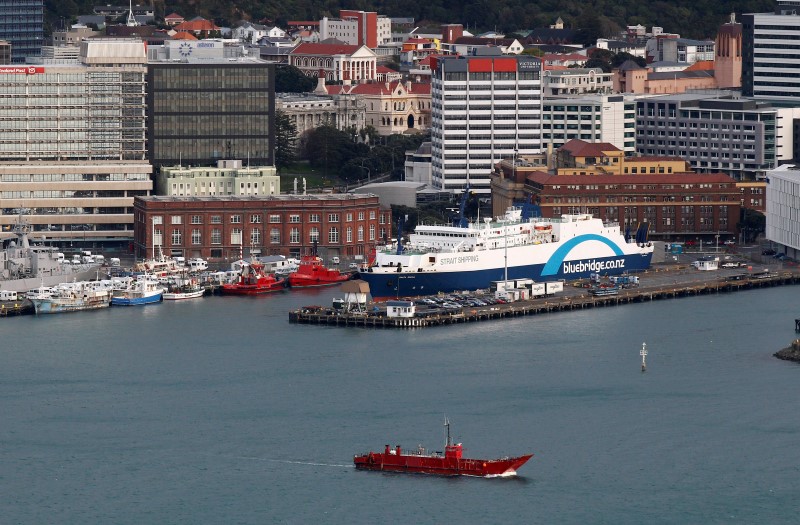By Rebecca Howard and Charlotte Greenfield
WELLINGTON (Reuters) - Record numbers of tourists are pouring vital cash into New Zealand as its farmers struggle with depressed dairy prices, but some of that spending could dry up should Britain vote this week to leave the European Union.
Official figures out on Wednesday showed 193,600 visitors came to New Zealand in May, an all-time high for that month. The annual total of 3.29 million equaled 70 percent of the entire population of 4.7 million.
The United Kingdom was New Zealand's fourth-largest tourism market, accounting for around 11 percent of visitor spending.
Britons will vote on Thursday whether to quit the 28-nation European Union, amid warnings from world leaders, investors and companies that leaving would damage the British economy and unleash turmoil on markets.
"Slower income growth is likely to dampen the demand for our tourism exports, as UK travelers may well postpone long-haul travel until economic conditions improve," said New Zealand Institute of Economic Research deputy chief executive John Ballingall.
There is also the threat of a run on the pound.
Billionaire investor George Soros, in an opinion piece in the Guardian newspaper, said that in the event of a Brexit, the pound would fall by at least 15 percent, and possibly more than 20 percent..
ANZ Economist Philip Borkin said a weaker pound could hit tourism revenue as it would make New Zealand more expensive.
British tourists are particularly sought after because they tend to stay longer and spend more. Lesley Immink, chief executive of New Zealand's Tourism Export Council, said the average length of stay is 28 days.
Immink said tourism from the UK surged 10.3 percent in the year to April to 90,848 arrivals and "it would be a shame if we weren't able to continue that growth."
Tourism boomed as visitors descended on locations used in the Lord of the Rings and Hobbit films, offsetting the sharp decline in dairy exports, which has weighed on economic growth.
Until recently, dairy was the backbone of the economy, producing around 25 percent of exports. But dairy prices have dropped sharply since scaling record highs in 2013, due to China's economic slowdown and global oversupply.

According to New Zealand's Ministry of Business, Innovation and Employment international tourism contributes around NZ$12 billion a year to the economy.